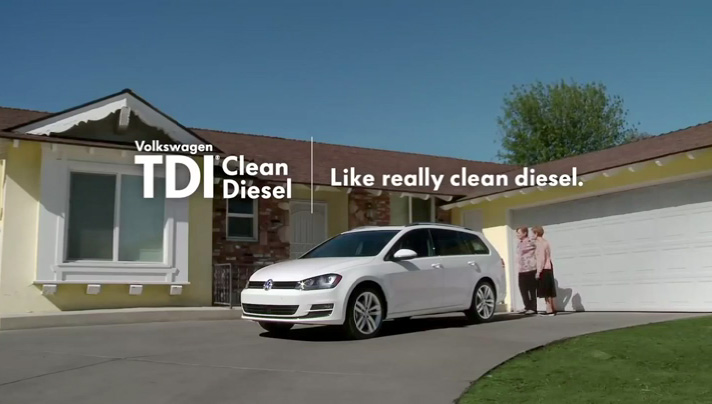What did President Trump actually say he'd tell the EPA to do when he spoke to automakers in Detroit on Wednesday?
Why did one longtime reader decide to cancel his order for a 238-mile Chevrolet Bolt EV electric car?
This is our look back at the Week In Reverse—right here at Green Car Reports—for the week ending on Friday, March 17, 2017.
Friday, we covered President Donald Trump's announcement that he would reopen the comment period on EPA emissions for 2022 through 2025 vehicles.
We looked at what Trump said, and what he didn't, and tried to provide context for his announcement that we felt was missing from many media reports and environmental-group statements.
He didn't "roll back" fuel-economy regulations—and the White House might find that hugely challenging if it ever tried to do so.

2017 Kia Niro Touring, Catskill Mountains, NY, March 2017
We also wrote about our four-day gas-mileage review of the 2017 Kia Niro hybrid wagon. It didn't hit its EPA ratings, but we liked it as a car.
On Thursday, we noted that the Porsche Mission E electric car will cost less than the Panamera, a larger gasoline-powered sedan, when it hits the market in 2019.
We also covered the Volkswagen 'Electrify America' electric-car charging infrastructure plan that's now been submitted to the EPA and the California Air Resources Board—and asked, now what?
Our Tesla-owning contributor, David Noland, gave us his impressions after a Chevrolet Bolt EV test drive—and revealed his decision on whether he'd trade in his Model S for one.
Wednesday, we covered Tesla's offer to South Australia for battery energy storage within 100 days of signing a contract. CEO Elon Musk claims the system will be free if it isn't installed during that time.
Even as President Trump and EPA head Scott Pruitt plan to end all U.S. government efforts to fight climate change, a bipartisan group of state governors has urged Trump to support wind and solar, citing the economic importance of those industries.
![Electric-car rally in Geiranger, Norway [Image: Norsk elbilforening via Flickr] Electric-car rally in Geiranger, Norway [Image: Norsk elbilforening via Flickr]](https://images.hgmsites.net/lrg/electric-car-rally-in-geiranger-norway-image-norsk-elbilforening-via-flickr_100530088_l.jpg)
Electric-car rally in Geiranger, Norway [Image: Norsk elbilforening via Flickr]
On Tuesday, we noted an accomplishment in Norway: hybrids and electric cars now account for half of the country's new-car sales, and officials have a plan to get that to 100 percent by 2025.
Volvo says it plans to launch a long-range electric car in 2019, although the Chinese-Swedish automaker still has a number of crucial details to work out.
We kicked off the week on Monday with an article by a long-time Green Car Reports reader that explained why he cancelled his Chevy Bolt EV order.
We also noted that bargains on small, fuel-efficient sedans and hatchbacks are surging as their sales take a nosedive in the face of public enthusiasm for utility vehicles of all sizes, kinds, and prices.
The Volkswagen diesel emission scandal may start to wind up after VW pleaded guilty to three felony charges, a major step toward resolving the criminal aspect of the scandal—at least in the U.S. (Europe is another story altogether.)

Volkswagen TDI 'clean diesel' television ad screencap
Over the weekend, we covered another Tesla Energy project. The electric-car maker's SolarCity unit opened a solar-energy array supported by energy-storage battery packs on the Hawaiian island of Kauai. The facility will supply power to a local utility.
Finally, some good news for the sales prospects of electric cars: a coalition of 30 cities is planning a joint purchase of 114,000 plug-in vehicles, to be split among their municipal fleets.
Those were our main stories this week; we'll see you again next week. Until then, this has been the Green Car Reports Week in Reverse update.
________________________________________________












